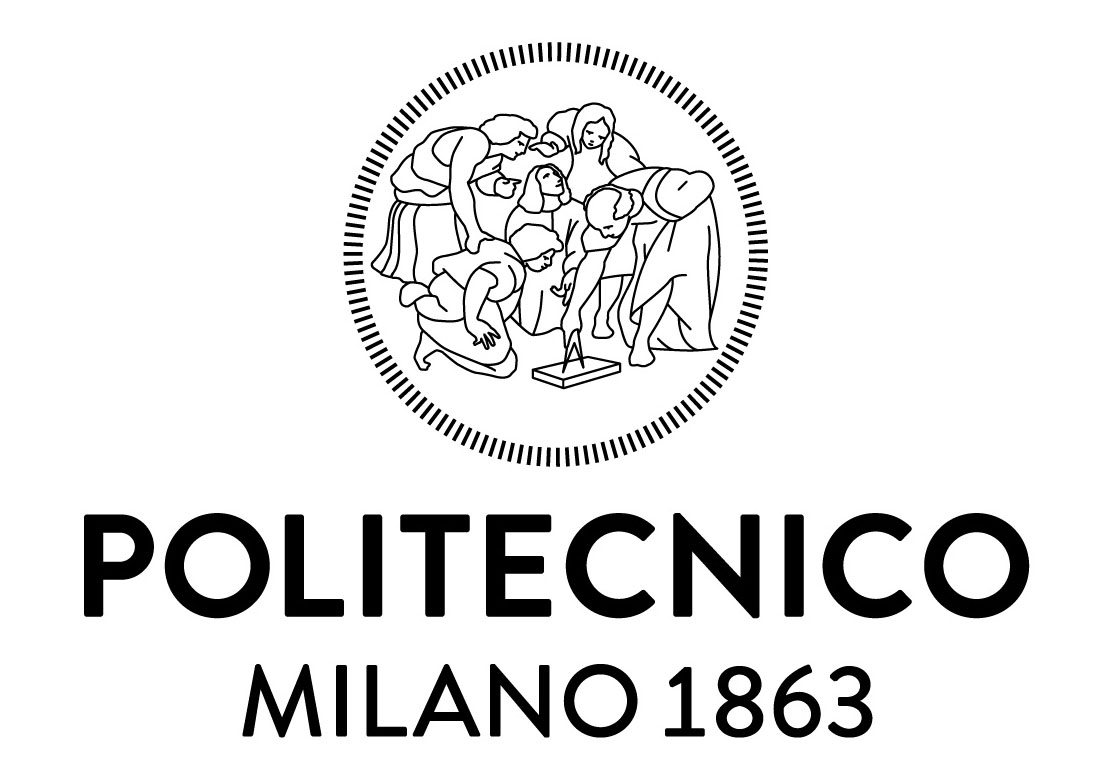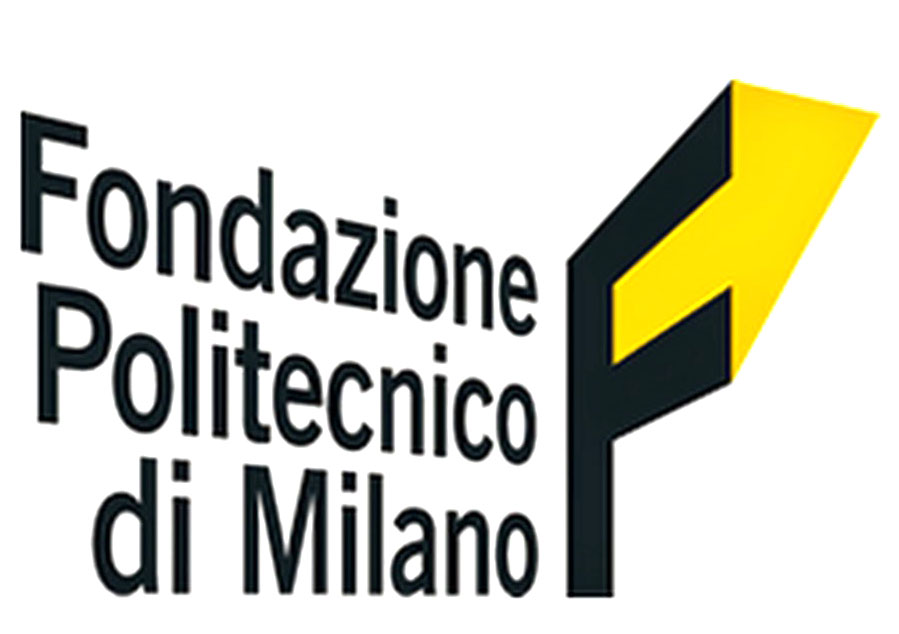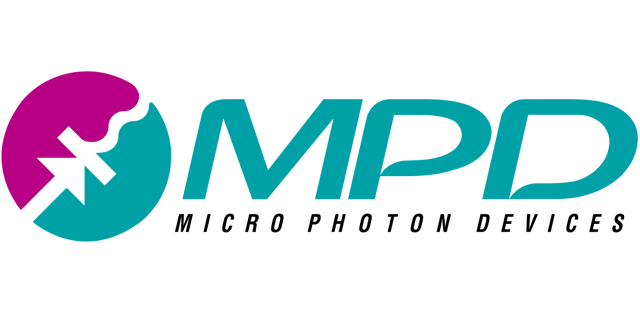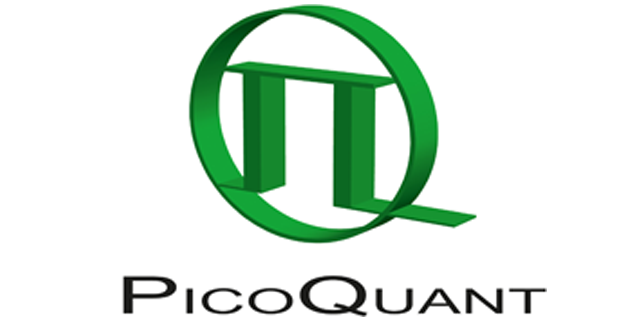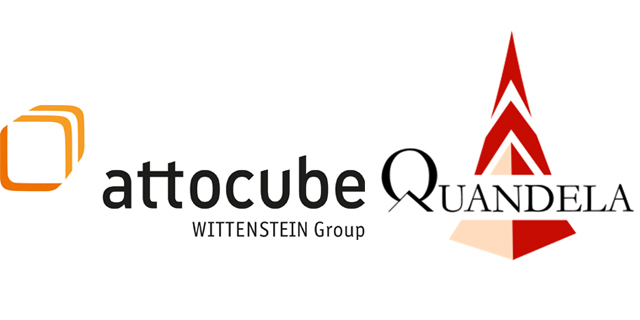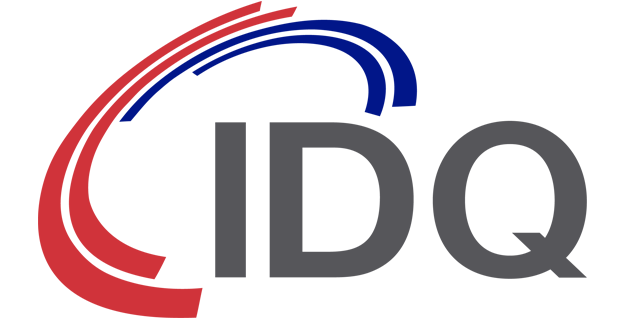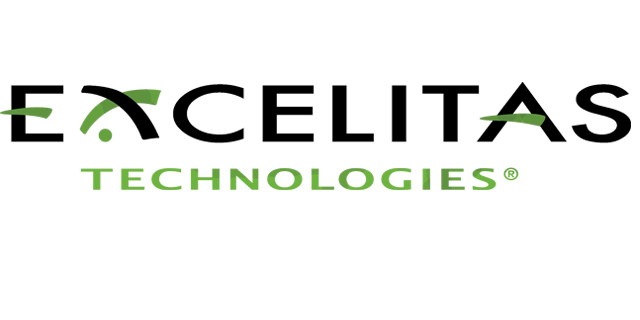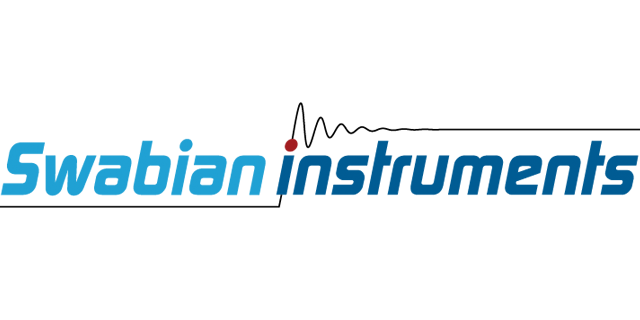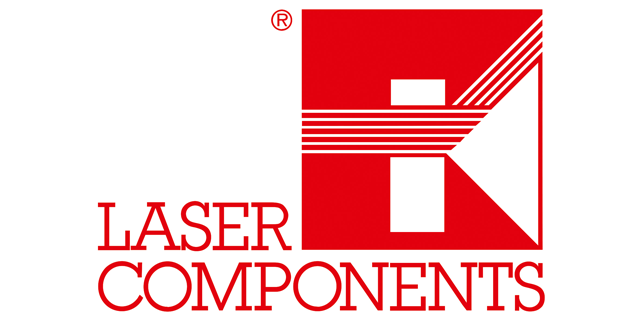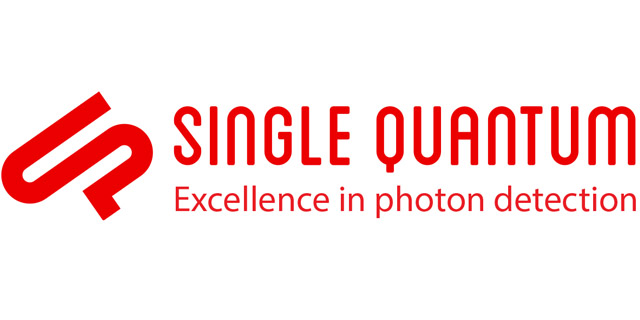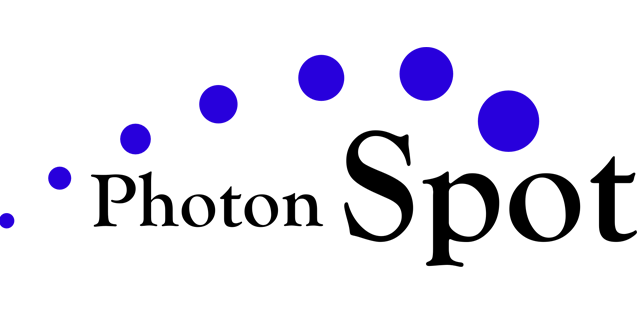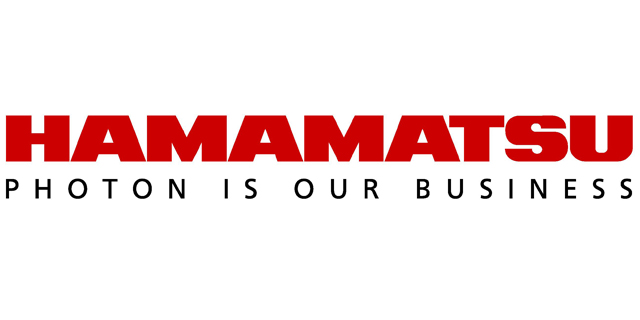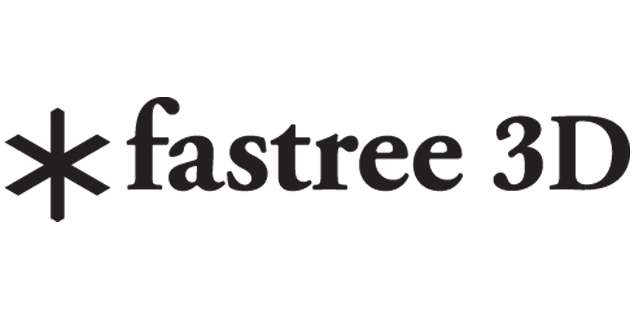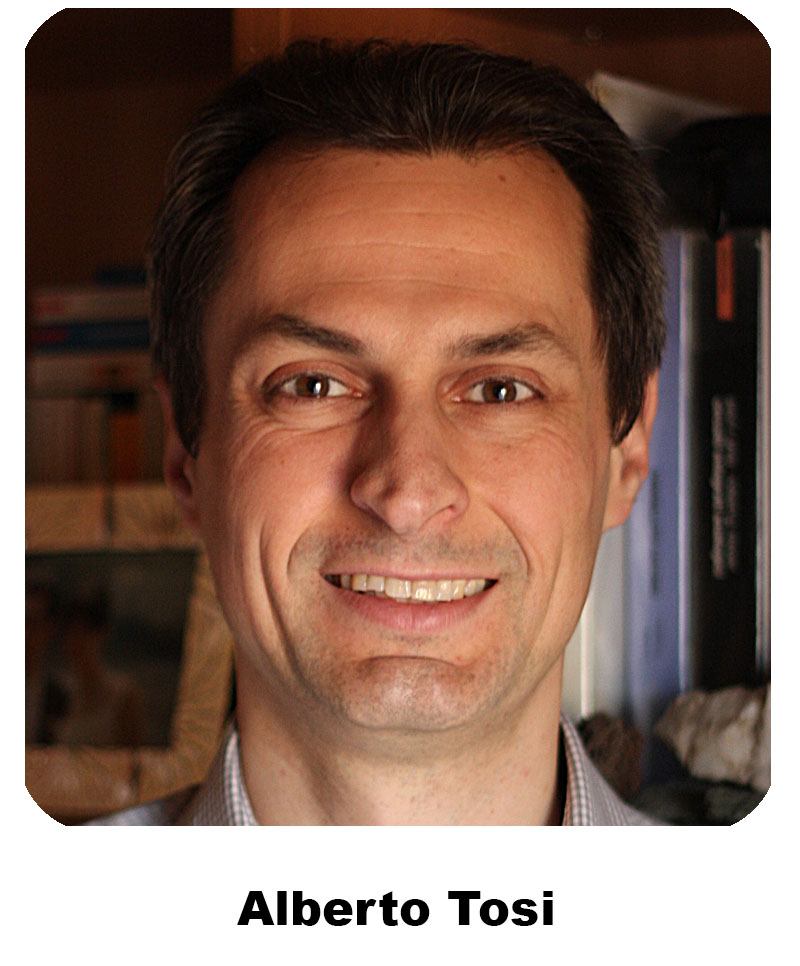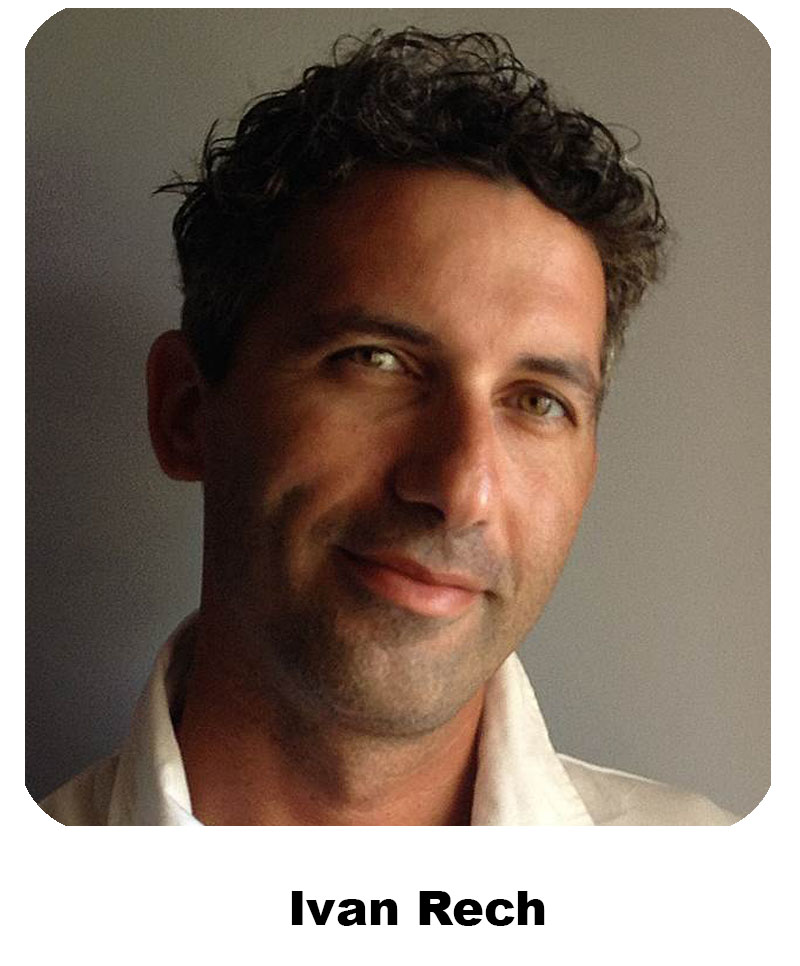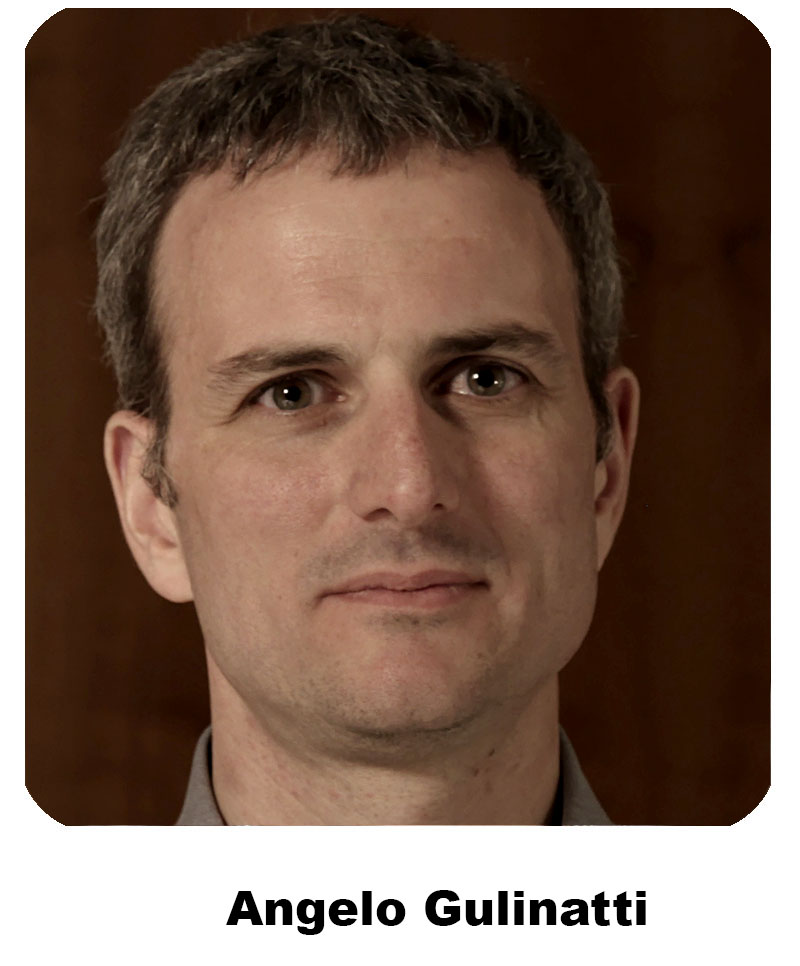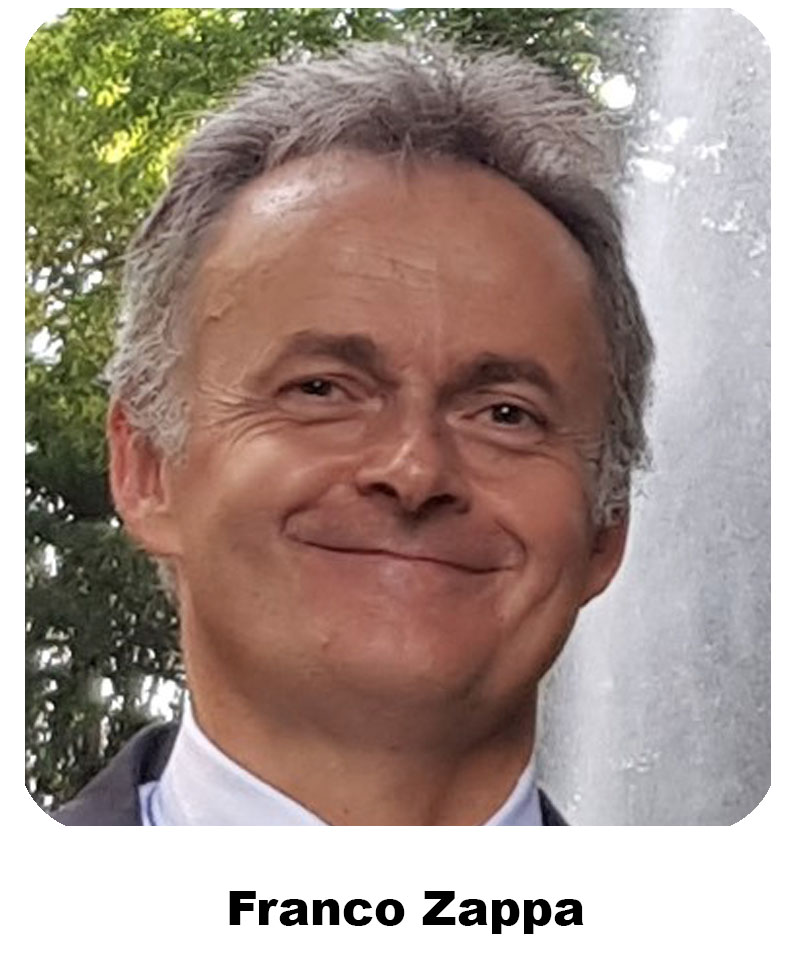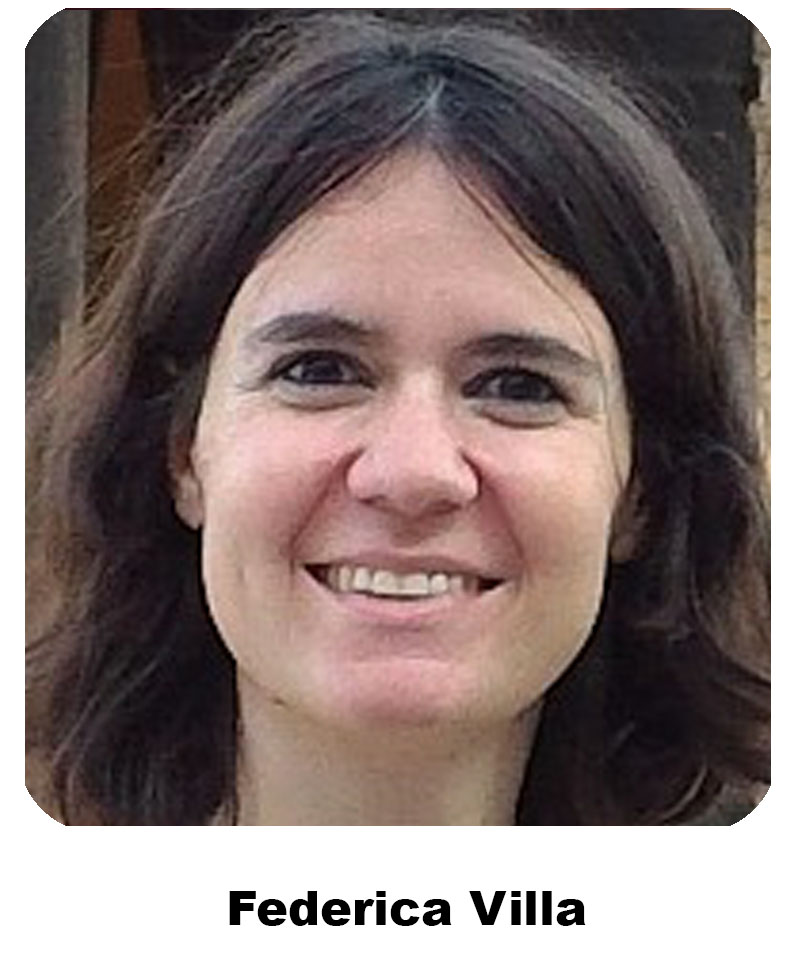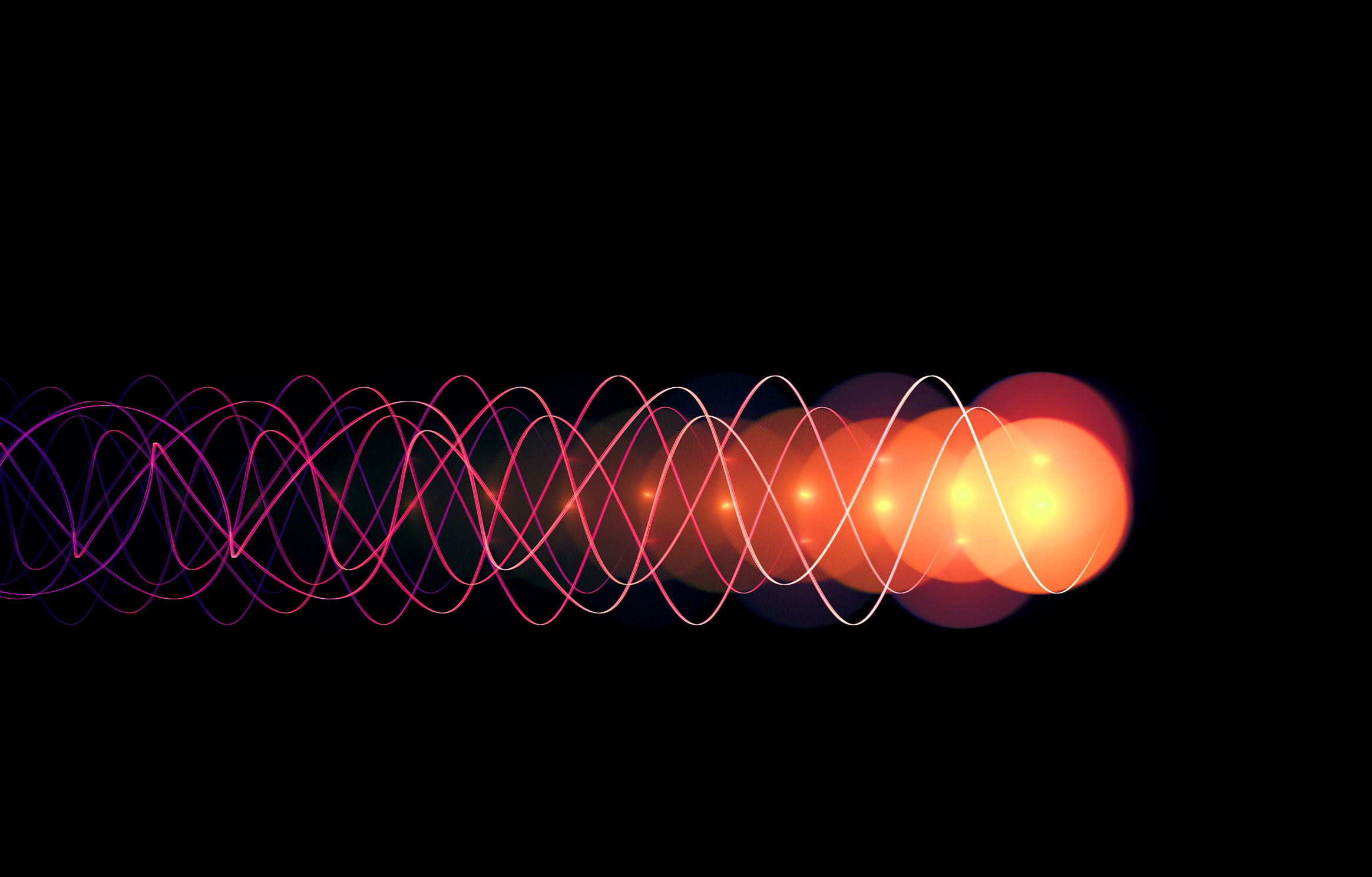
So remember to look up at the stars and not down at your feet. Try to make sense of what you see and hold on that childlike wonder about what makes the universe exist.
Stephen Hawking
SPW 2019
Welcome to the home of Single-Photon Workshop 2019, which will be held at Politecnico di Milano, Milan (Italy). SPW 2019 is the nineth and latest installment in a series of workshops on single-photon technologies and applications. Single-photon technologies are vital to applications such as quantum cryptography, quantum information processing, quantum imaging, and quantum metrology. Fields such as astrophysics, nuclear physics, and biology also benefit from developments in single-photon technologies.
SPW 2019 is intended to bring together a broad range of people with interests in single-photon sources, single-photon detectors, photon entanglement, and their incorporation into scientific and industrial tools. Researchers from universities, industry, and government will report on the latest developments in single-photon devices and methods with a view toward improved performance and new application areas. It will be an exciting opportunity for those interested in single-photon technologies to learn about the state of the art and to foster continuing partnerships with others seeking to advance the capabilities of such technologies.
Single Photon Detectors
Latest results on single-photon detectors, including new architectures and solutions to broadly achieve single-photon sensitivity.
• Single-photon avalanche diodes (SPADs and SiPM).
• Superconducting single photon detectors.
• Single photon detector arrays
• Photon-number-resolving detectors.
• Integrated single photon detectors.
• Novel single photon detectors.
Single Photon Sources
Generate and control light emission at single photon level: materials, schemes and architectures.
• Spontaneous parametric down-conversion and four-wave-mixing.
• NV centers.
• Quantum dots.
• On-demand single-photon sources.
• Integrated single-photon sources.
• Entangled photon-pair sources.
• Generation, collection and manipulation of non classical states of light with discrete photon numbers.
Applications
Single photon technologies for scientific applications, from ground to space.
• Quantum communications and security.
• Optical quantum-state generation and photon manipulation.
• Quantum correlation and entanglement.
• Quantum computing.
• Quantum random number generators.
• Integrated quantum photonics.
• Imaging and ranging (LIDAR).
• Spectroscopy.
• Biology/Chemistry.
• Astrophysics.
Metrology
Validation techniques and instrumentation to prove single-photon generation and acquisition.
• Methods for characterizing single-photon detectors and sources.
• Quantum sensing.
• Weak measurements.
• Novel measurement schemes.
Don’t miss the event!
Local Organizers

